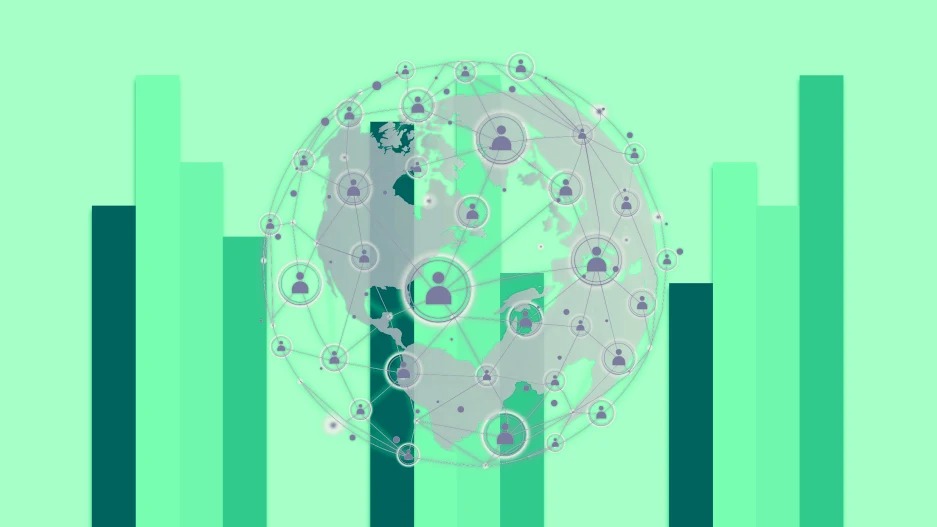- | 8:00 am
I’m LinkedIn’s chief economist and this is how AI will change the global labor market (but not how you think)
AI skills and complementary people skills have been rising to the top, with demand coming from virtually every industry and spanning both technical and non-technical roles.

We’re moving toward a world where degrees will no longer required or be enough to carry professionals through their careers. Instead, we will all need to be continually learning and growing skills as new technologies evolve.
There’s a lot of change-meets-optimism in the future world. At LinkedIn, our analysis suggests the rise of AI across the workforce is set to significantly transform more than half of all jobs, and the skills required to do all jobs will change by up to 65% by 2030.
This transformation will show up in the technology we use in our day-to-day tasks, in the knowledge we need to do our jobs effectively, and in the people skills and hard skills necessary to continue to be successful at work—all of which will look quite different by 2030. It presents a momentous opportunity for professionals and businesses who are willing to invest in developing AI literacy as well as people skills.
Changes in the labor market over the last five years give us another strong indicator about the impact this new era of work will bring. We’ve observed a growing shift toward skills-first hiring on the part of employers.
We know this expands the talent pool, democratizes access to jobs, and makes the labor market and workforce more resilient. In fact, roughly one in five job postings in the U.S. no longer requires a degree (up from 15% in 2021).
Employers are increasingly looking for skills, and in the past year, AI skills and complementary people skills have been rising to the top, with demand coming from virtually every industry and spanning both technical and non-technical roles. In parallel, demand for people skills that complement AI is also rising. A majority (92%) of U.S. executives agree that people skills are more important than ever.
While AI is sure to bring change to workers and industries, I believe that the widespread availability and adoption of AI tools will also create new avenues of opportunity for all professionals. AI will also make job mobility more accessible for many.
As AI adoption rises, the knowledge and skills needed to do a job successfully will change. In many cases, it will become less important to have a deep understanding or background of an industry, and knowing how to apply AI tools within a role will become more important.
This means skills may become more industry-agnostic, and that professionals who are AI literate and know how to effectively use AI to generate results will be able to move more freely between roles, industries, or companies.
AI literacy, which is to say having working knowledge of AI-powered tools and technologies, will also reduce the time spent on tasks like researching, summarizing documents, managing a schedule, and drive much greater efficiency in our day-to-day roles. In fact, 74% of U.S. executives see at least one way generative artificial intelligence will benefit their businesses and employees—including increasing productivity and unlocking more growth and revenue opportunities.
For this reason, employers and business leaders will need to prioritize workforce learning and embrace a “training to promote” mindset that encourages upskilling and expansion into new roles and functions. Employers have a big role to play in ensuring that employees at all levels have access to the resources needed to become AI literate and ride this coming wave of AI-driven opportunities.
In an AI-enabled workforce, those individuals who have developed the skills needed to successfully utilize AI at work will stand out and be ready to access the opportunities coming in this time of transformation. That’s why it’s so important for professionals to invest in themselves and in learning the right set of AI and complementary skills.
But many professionals aren’t currently doing that. According to a LinkedIn survey, less than half people say they’ve begun experimenting with AI tools, and less than a third have taken an online course to understand AI.
Tapping into certification programs or online courses via platforms like LinkedIn Learning, experimenting with popular AI tools like ChatGPT or Copilot for Microsoft 365, reading articles on AI, following thought leaders in the space, and gaining a strong understanding of how to use AI in business will enable professionals to capitalize on this wave of opportunities that are only just getting started.







































